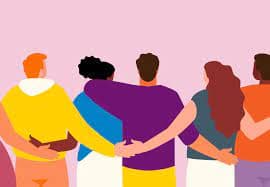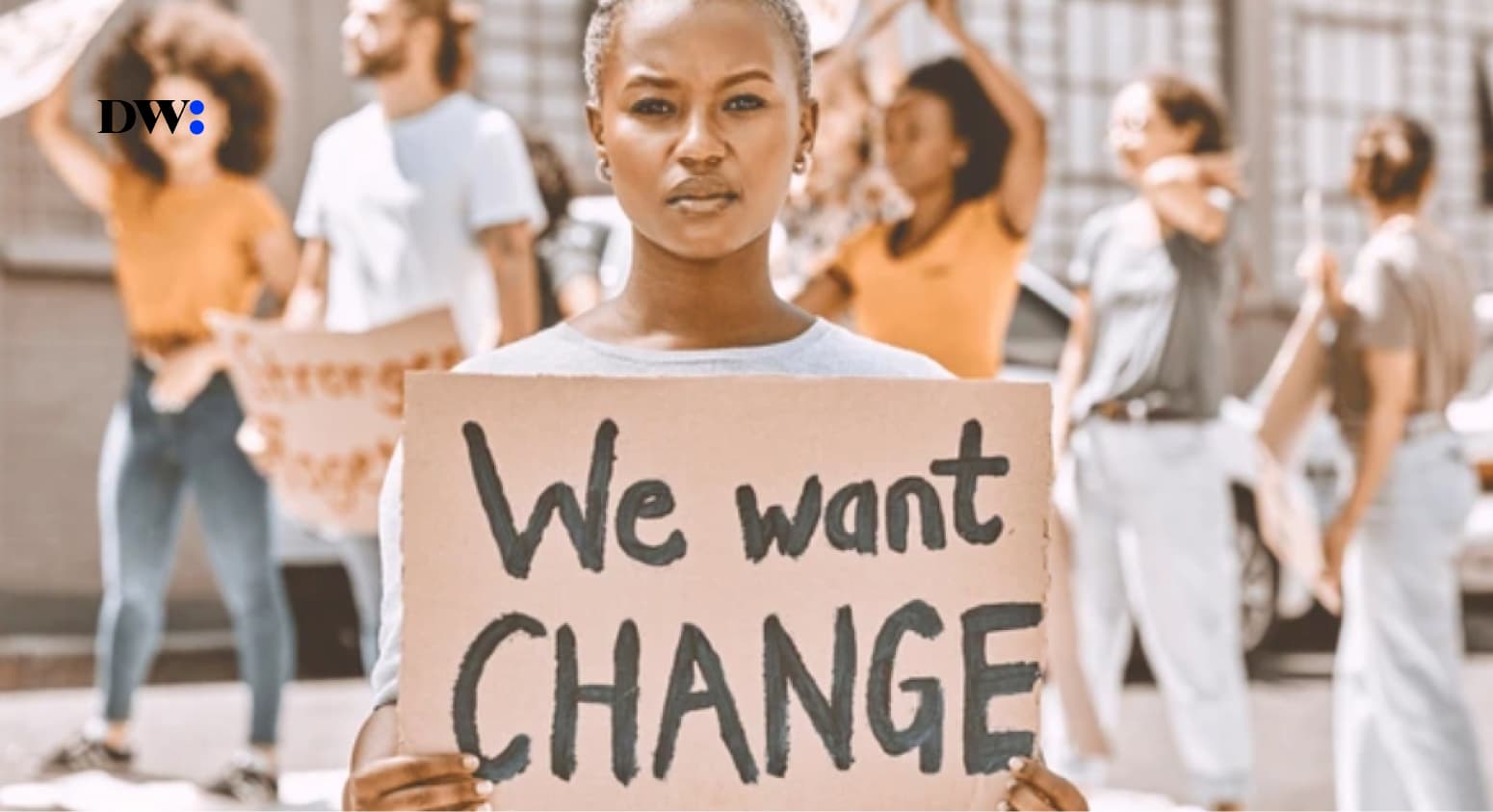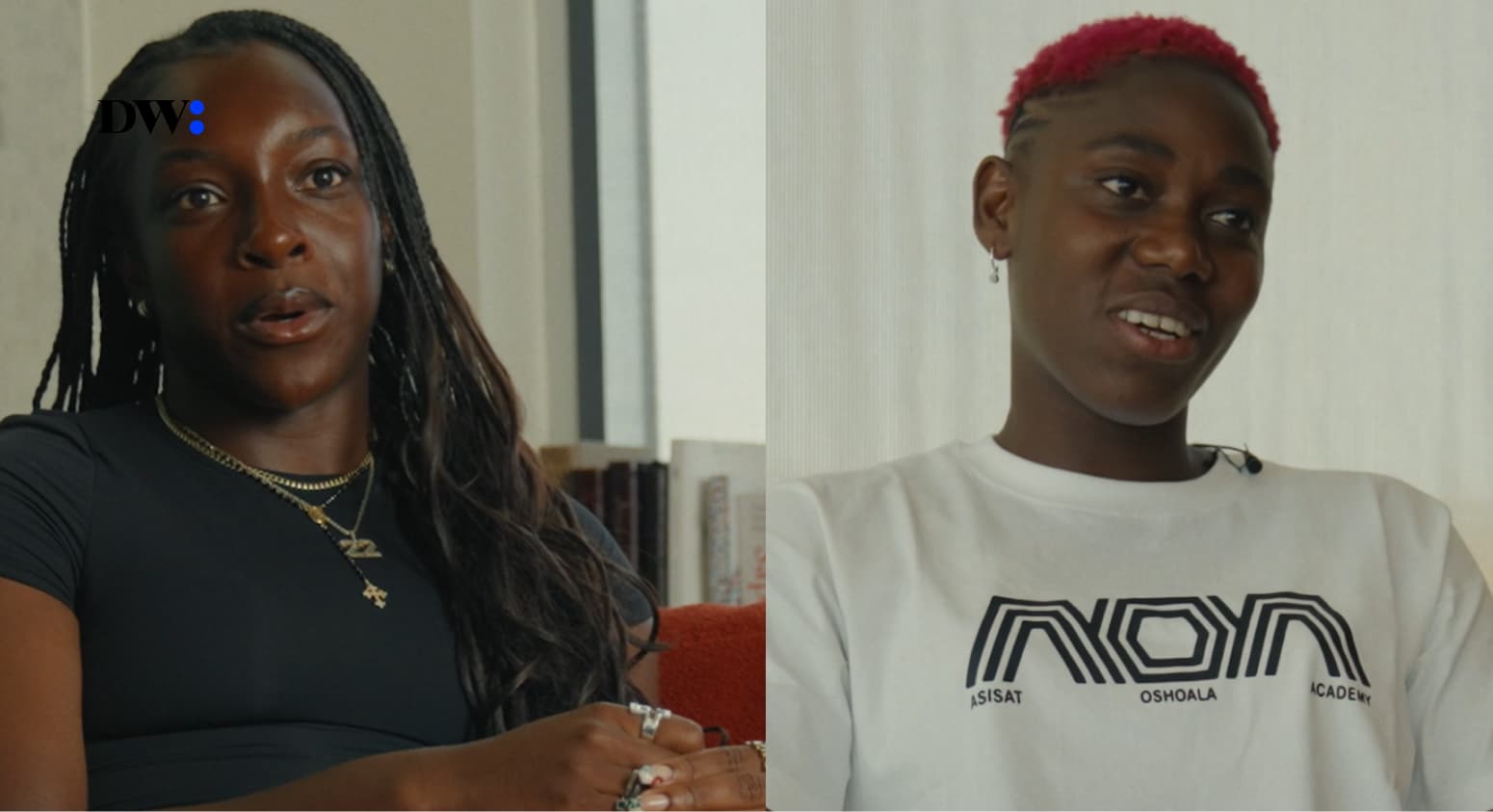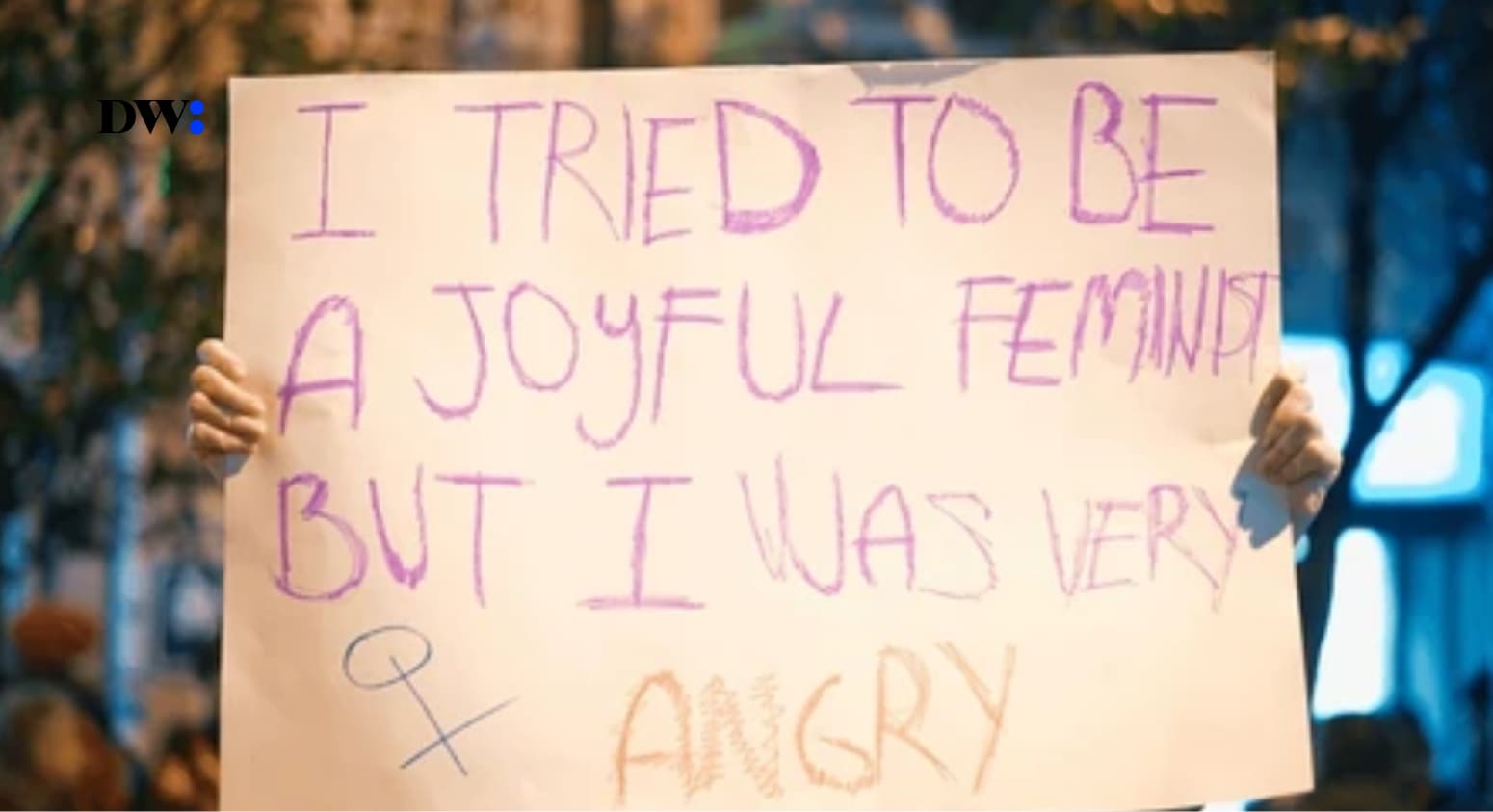How did we come to rely so heavily on gender roles, that any semblance of critique to this deeply flawed system is met with violence and hostility? When you really dissect it, patriarchy is built on the baseless founding principle that men lead and women follow. This notion; a hydra-headed beast has continued to rob people of their humanity and right to self-determination. The rigid impositions of the gender binary and the accompanying expectations affect numerous lives; robbing them of their right to express themselves as they please and even inspiring violence against them.
Gender is a social construct and the binary placement of people into the categories “male/boy/man” and “female/girl/woman” and the accompanying expectations and impositions based on this arbitrary classification is constraining at best and oppressive at worst. Gender diversity simply means the equitable or fair representation of people of different genders. Essentially, the need for inclusivity and the protection of the rights of gender minorities is what gender diversity is about.
We spoke to three people about their experiences being queer, gender non conforming individuals living in Africa.
Ndiilokelwa, a non-binary lesbian and our guest on episode 5 of “We’re Not Crazy, You Are!”, talks about how they found solace and community in the books they read when it could not be found in the society around them.
Episode 5: The Identity We Fought To Have by We’re Not Crazy, You Are! • A podcast on Anchor
22-year-old Cyra is demi gender and uses ey/she pronouns (ey is a neopronoun). Gender diversity to her is “being seen as what I identify as and not what the society expects me to identify as.”
When asked what she considers her community and whether she feels accepted by Nigerian society as a whole, she says, “In all honesty, I don’t think I have a community in Nigeria. My reason for saying this is because I believe in representation a lot, and it’s hard for me to find people with the same gender identity as me and I don’t want to force myself to be under a general umbrella. I do not feel accepted in Nigeria at all.”
Equitable representation of people of different genders is a necessity and it goes beyond the inclusion of cisgender women. Gender minorities exist and that in itself is a valid reason for them to be treated fairly. The rigid impositions of gender do more harm than good (if any) and in the quest to upend oppressive systems, our perceptions of gender need to be examined too.
I reached out to X to interview them for the article on Thursday. They were perfectly pleasant and said the responses to my questions would be ready by noon. Unfortunately, before noon came, they had been violently harassed by a group of men for simply being.
“I went to use the POS to withdraw money and there was a group of men there. I already knew to avoid them because I knew they could be violent. I’m visibly queer; my piercings, hair, dressing are clear indications that I don’t fit into the gender binary and that’s threatening to men. Their masculinity is threatened and they get offended by me. One man said I’d go to prison. He kept asking if I’m a boy or girl. I ran away and he followed me home; I had to close the gate on him. They gathered in front of the gate and said they’d call the police and set the house on fire.”
As X recounts this traumatic experience that occurred mere days ago and one day before their 19th birthday, they become out of breath and have a panic attack. The simplistic act of going to get some cash that the average Nigerian does relatively hassle-free became a harrowing experience for X because of transphobic violence and what was essentially a forceful attempt at reinforcement of the gender binary.
Meet X; “I’m non-binary. I’m trans. I’m a woman. You could say I am a woman of trans-lived experience. I also call myself trans-femme. I’m non-binary because I express gender outside of the traditional binary gender system. Strictly go by they/them pronouns.”
When asked their thoughts about the marked absence of gender diversity in Nigeria and the violence it begets, X says, “It’s something I have to navigate every day. I don’t use public transport anymore because then I’ll be open to further queerphobic violence. I’ve been stopped once by the police. In typical fashion, they harassed me. The way I dress, people will know I’m queer. Nowhere is safe and the SSMPA just continues to make it worse because they feel like their violence is justified.”
X believes that to make life better for people of different gender experiences, there is a need for more inclusive spaces for gender minorities. Currently, they do not have access to safe housing or aid and are constantly encountering violence.
Patriarchal violence does not only affect cis women. Anyone who does not fit into the box that has been set out for them is punished for it. Effeminate men, non-binary people, trans men and women and anyone who isn’t a straight man has their specific side effect of patriarchy. Misogyny, transmisogyny, misogynoir (misogyny + racism) etc.





